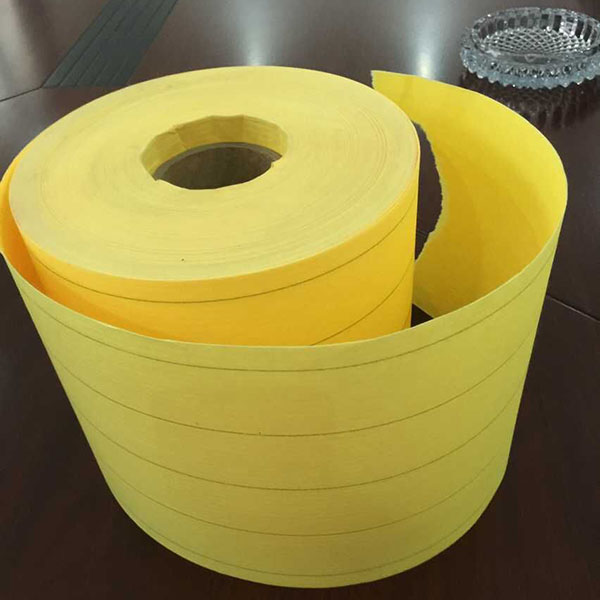Aug . 19, 2024 16:52 Back to list
Spin-On Oil Filter Manufacturing Equipment for Efficient Production Processes
The Evolution of Spin-On Oil Filter Producing Machines
In the world of automotive engineering and maintenance, the importance of oil filters cannot be overstated. Among various types, the spin-on oil filter has gained immense popularity due to its convenience and efficiency. The producing machines that manufacture these filters have also evolved significantly, reflecting advancements in technology and the growing demand for high-quality automotive components.
Understanding Spin-On Oil Filters
Spin-on oil filters are designed for easy installation and removal. They consist of a metal case that holds a filtering medium, typically made of paper, synthetic material, or a combination of both. Unlike traditional filters that require separate components for installation, spin-on filters come as a single unit, making them user-friendly and reducing the risk of incorrect assembly. This feature has contributed to their widespread adoption in both consumer and commercial vehicles.
The Role of Producing Machines
The manufacturing of spin-on oil filters demands precision and reliability. The machines that produce these filters are specialized to handle various aspects of the production process, from the formation of the metal casing to the assembly of the filtering media. Key components of these machines include the stamping units, which shape the metal parts, and the assembling stations, where the filters are completed.
Modern spin-on oil filter producing machines are equipped with advanced technology that enhances efficiency and reduces waste. Automation plays a critical role in streamlining the production process. For instance, robotic arms can quickly assemble filter units while reducing the likelihood of human error. Additionally, state-of-the-art quality control systems ensure that each filter meets stringent performance standards.
spin-on oil filter producing machine product

Technological Advancements
In recent years, manufacturing technology has seen significant advancements. The integration of computer numerical control (CNC) machines has allowed for the production of more complex and precise filter designs. These machines can perform multiple functions, such as cutting, bending, and welding, all while maintaining exact specifications. This not only improves production speed but also enhances the overall quality of the final product.
Moreover, the introduction of Industry 4.0 principles has revolutionized the production landscape. By utilizing the Internet of Things (IoT), manufacturers can now monitor production processes in real time, allowing for quick adjustments to minimize downtime and maximize output. Data analytics tools can predict potential failures or inefficiencies, enabling proactive maintenance of the machinery.
Environmental Considerations
As the automotive industry moves towards sustainability, the production of oil filters is also adapting. Manufacturers are increasingly focusing on eco-friendly materials and practices. Spin-on oil filter producing machines are now designed to minimize energy consumption and waste. Some facilities are implementing recycling programs to repurpose used filters and materials, contributing to a circular economy.
Conclusion
The manufacturing process of spin-on oil filters is a testament to how technology is reshaping the automotive industry. Spin-on oil filter producing machines have become more sophisticated, boasting automation, real-time monitoring, and environmental awareness. With the continuous evolution of these machines, the future of oil filter production looks promising, ensuring that vehicles operate efficiently while adhering to strict environmental standards. As the demand for reliable and high-performance automotive parts grows, so will the innovations in the machines that produce them, ultimately benefiting both manufacturers and consumers alike.
-
Premium Active Carbon Air Filter for Air Purifiers - Odor Removal
NewsAug.21,2025
-
Premium Acrylic-Resin Air Filter Paper in Roll | High Efficiency
NewsAug.19,2025
-
PLAB-6 A B Two Compounds Filter End Cap Gluing Machine-Hebei Filter Man|Precision Gluing,Automated Production
NewsAug.18,2025
-
PLAB-6 A B Two Compounds Filter End Cap Gluing Machine - Hebei Filter Man Automotive Parts Trading Co., Ltd | Adjustable Gluing Parameters, Automated Precision
NewsAug.18,2025
-
PLAB-6 A/B Two Compounds Filter End Cap Gluing Machine-Hebei Filter Man|Precision Engineering&Efficiency
NewsAug.18,2025
-
Active Carbon Air Filter for Purifier: Superior Air Quality & Odor Removal
NewsAug.18,2025
